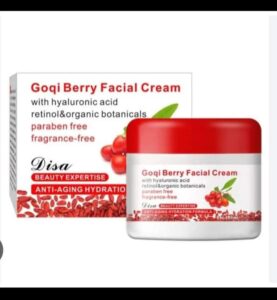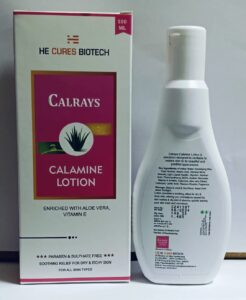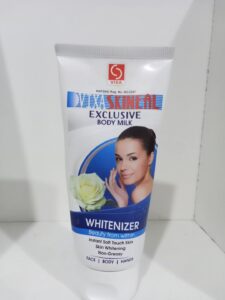Introduction: Understanding Hydroquinone and Its Relevance
When it comes to skincare, few ingredients spark as much curiosity and debate as hydroquinone. Known for its powerful skin-lightening properties, hydroquinone has long been hailed as a go-to solution for hyperpigmentation, melasma, dark spots, and uneven skin tone. For those seeking brighter and more even skin, hydroquinone creams often emerge as a top choice.
However, with its benefits come questions about safety, effectiveness, and proper usage. Whether you’re considering using a hydroquinone-based cream or simply curious about its applications, this article is here to guide you. We’ll provide a detailed list of creams containing hydroquinone, explore their pros and cons, and answer common questions to help you make informed decisions.
What is Hydroquinone? A Brief Overview
Hydroquinone is a chemical compound widely used in dermatology to treat skin discoloration. As a depigmenting agent, it works by inhibiting the production of melanin in the skin, which is responsible for pigmentation. Over time, this results in the lightening of dark spots and patches, restoring a more uniform skin tone.
Key Uses of Hydroquinone:
- Treating melasma
- Reducing dark spots caused by sun damage
- Fading acne scars
- Evening out skin discoloration due to aging
How Does Hydroquinone Work?
Hydroquinone works by targeting melanocytes, the cells responsible for melanin production. By blocking the enzyme tyrosinase, hydroquinone reduces melanin synthesis, thereby lightening areas of hyperpigmentation. While it’s highly effective, results typically take several weeks to appear, requiring consistent application and sun protection.
List of Creams That Contain Hydroquinone
Below is a detailed list of popular creams containing hydroquinone, along with their uses, benefits, and drawbacks:
1. Tri-Luma Cream
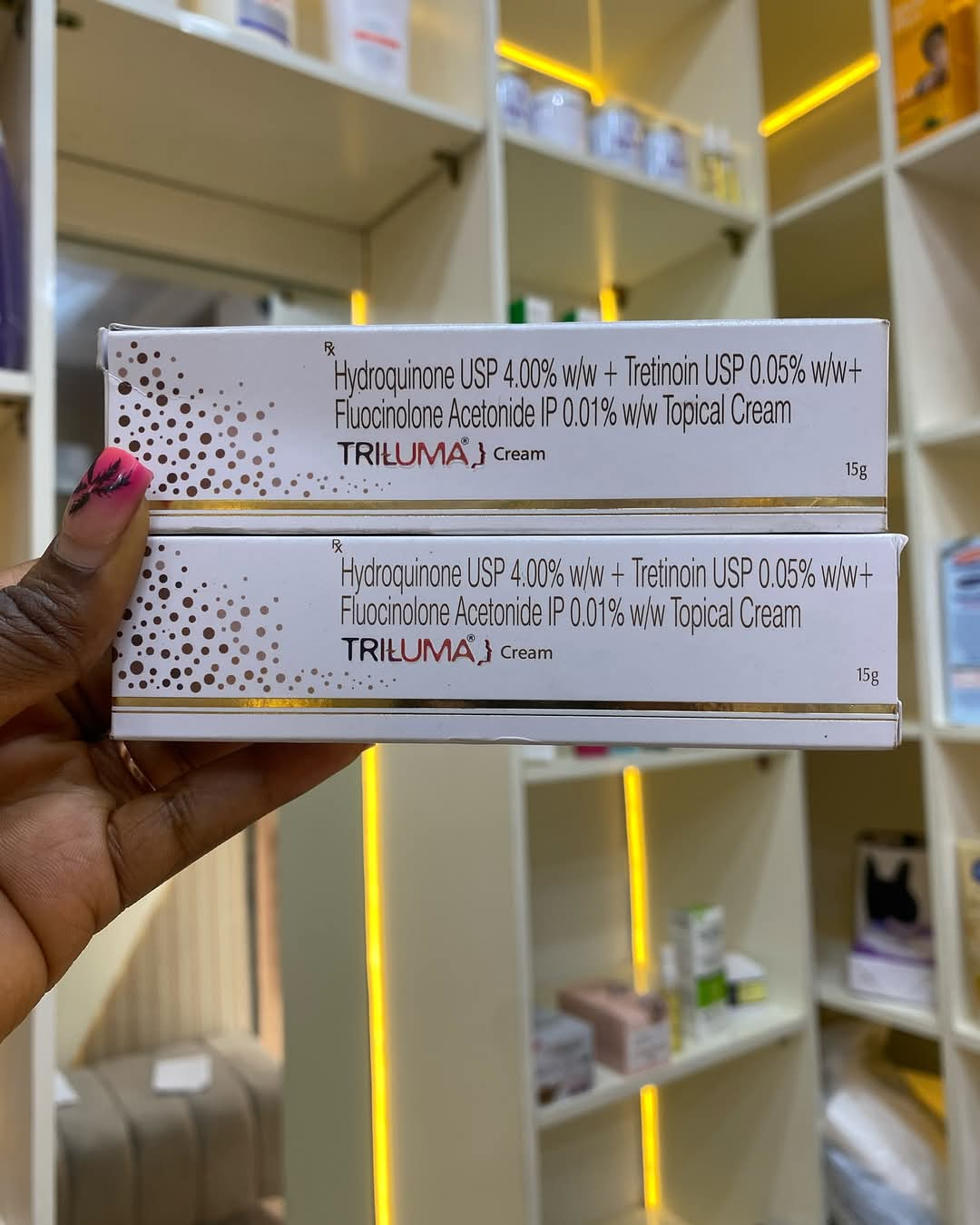
- Main Ingredients: Hydroquinone (4%), tretinoin, and fluocinolone acetonide
- Uses: Effective for treating melasma and stubborn pigmentation issues.
- Pros: Combines the depigmenting power of hydroquinone with the anti-inflammatory benefits of fluocinolone and the exfoliating properties of tretinoin.
- Cons: Can cause skin irritation and requires strict sun protection.
See more reviews about this cream on this Facebook post
2. Eldoquin Forte
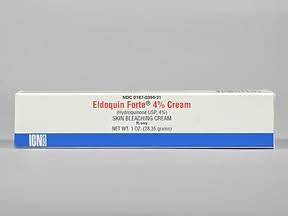
- Main Ingredients: Hydroquinone (4%)
- Uses: Treats dark spots, freckles, and sun-induced pigmentation.
- Pros: A high-concentration formula for visible results.
- Cons: Prolonged use can lead to skin sensitivity.
3. Obagi Nu-Derm Clear Fx
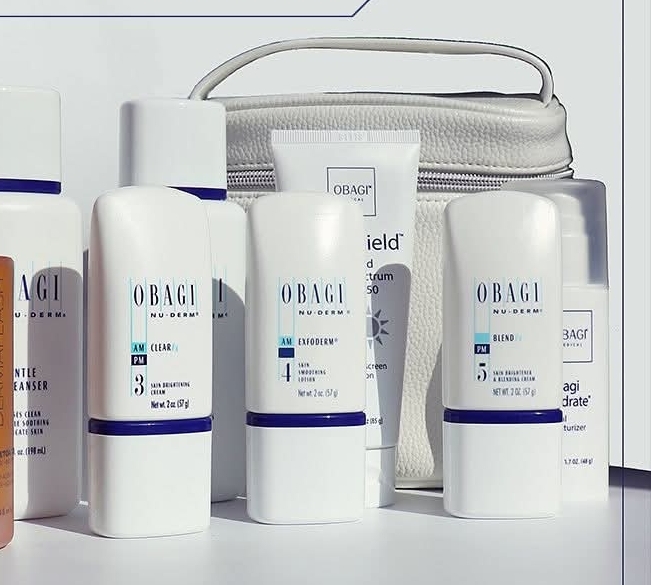
- Main Ingredients: Hydroquinone (4%)
- Uses: Targets hyperpigmentation and promotes an even skin tone.
- Pros: Dermatologist-recommended for effective results.
Cons: Expensive compared to other options.
You can see more reviews about this
4. Melalite Forte Cream
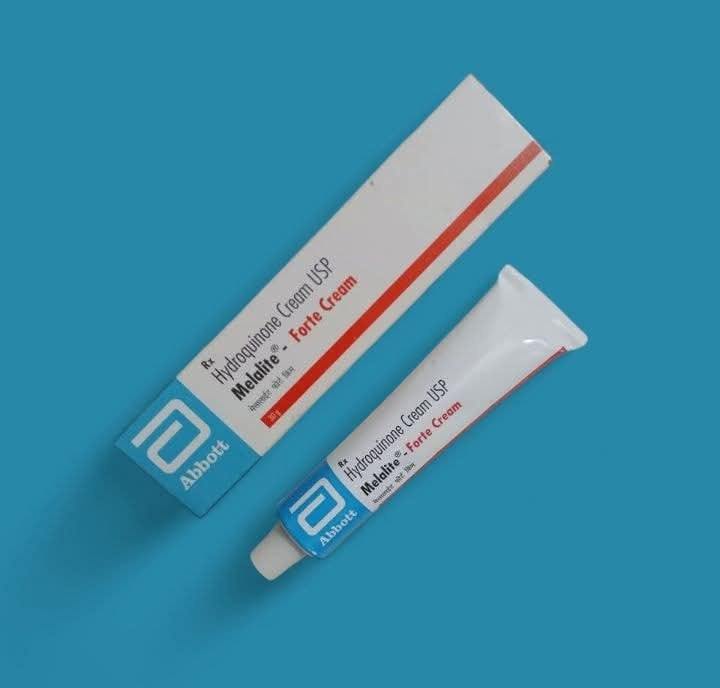
- Main Ingredients: Hydroquinone (4%)
- Uses: Fades dark spots caused by acne, melasma, and sun exposure.
- Pros: Widely available and affordable.
- Cons: Requires prolonged use for noticeable results.
5. Lustra Ultra
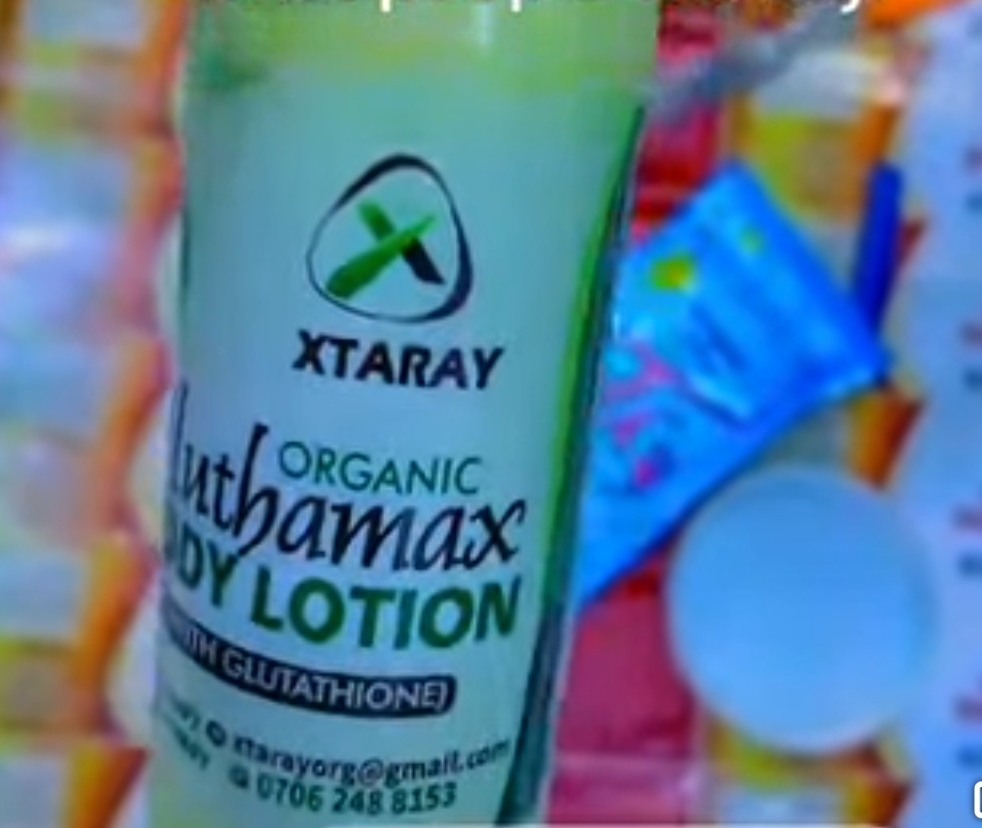
- Main Ingredients: Hydroquinone (4%) and antioxidants
- Uses: Combats discoloration and protects against free radical damage.
- Pros: Dual-action formula for enhanced benefits.
- Cons: May not be suitable for sensitive skin.
Are Hydroquinone Creams Safe?
The safety of hydroquinone has been a topic of discussion among dermatologists and regulatory agencies. While it is considered safe for short-term use, prolonged or incorrect application can lead to adverse effects.
Potential Side Effects:
- Skin redness and irritation
- Increased sensitivity to sunlight
- Rarely, a condition called ochronosis (skin darkening)
Best Practices for Safe Use:
- Use hydroquinone creams under the guidance of a dermatologist.
- Apply sunscreen daily to prevent further pigmentation.
- Avoid long-term use beyond 12 weeks without medical advice.
Benefits of Using Hydroquinone Creams
- Effective Results: Hydroquinone is one of the most potent ingredients for treating stubborn pigmentation.
- Targeted Treatment: Works directly on affected areas, leaving surrounding skin unaffected.
- Fast Results: Visible improvement in pigmentation within 4–6 weeks.
- Cost-Effective: Many hydroquinone creams are affordable and accessible.
Drawbacks of Hydroquinone-Based Creams
- Skin Sensitivity: Can cause redness, peeling, and dryness.
- Strict Usage Guidelines: Requires consistent sun protection and limited application duration.
- Regulatory Restrictions: Banned or restricted in some countries due to safety concerns.
Alternatives to Hydroquinone
For those seeking non-hydroquinone options, several natural and synthetic alternatives are available:
- Kojic Acid: Derived from fungi, it is a natural skin-lightening agent.
- Arbutin: A gentler derivative of hydroquinone found in plants.
- Vitamin C: Brightens the skin while providing antioxidant benefits.
- Niacinamide: Reduces pigmentation and improves skin barrier function.
Tips for Choosing the Right Cream
- Consult a Dermatologist: Professional guidance is essential for selecting the right product.
- Check the Concentration: Ensure the hydroquinone percentage suits your skin type and condition.
- Patch Test: Test the product on a small area to rule out allergic reactions.
- Look for Complementary Ingredients: Products with added antioxidants or anti-inflammatory agents can enhance results.
FAQs on Hydroquinone Creams
Q1. Can hydroquinone permanently lighten skin?
No, hydroquinone does not provide permanent skin lightening. Once discontinued, pigmentation may return if not managed with sunscreen and proper skincare.
Q2. Is hydroquinone safe for all skin types?
While generally safe, individuals with sensitive skin or darker skin tones should use hydroquinone with caution due to the risk of irritation or ochronosis.
Q3. Can I use hydroquinone with other skincare products?
Yes, but avoid combining it with harsh exfoliants or strong acids to prevent irritation.
Q4. Are hydroquinone creams available over-the-counter?
In some countries, hydroquinone creams up to 2% are available OTC, while higher concentrations require a prescription.
Conclusion: Taking the Next Step in Your Skincare Journey
Hydroquinone creams remain a powerful tool in addressing hyperpigmentation and achieving an even skin tone. However, proper usage and guidance are crucial to ensure safety and effectiveness. If you’re considering using a hydroquinone-based cream, consult a dermatologist to find the right product for your needs and skin type.
Have you tried any hydroquinone creams? Share your experience in the comments below! Don’t forget to explore our other skincare articles for more tips and advice.

